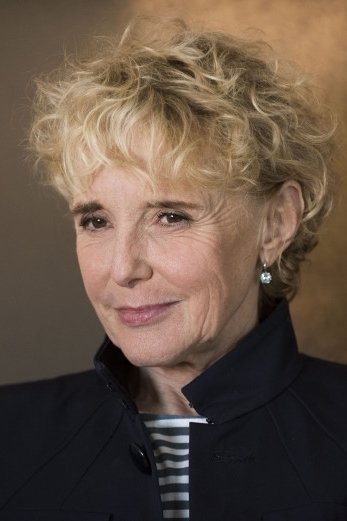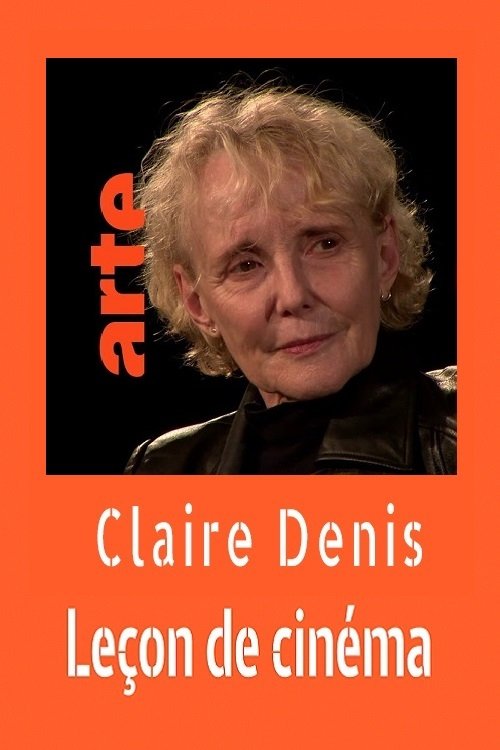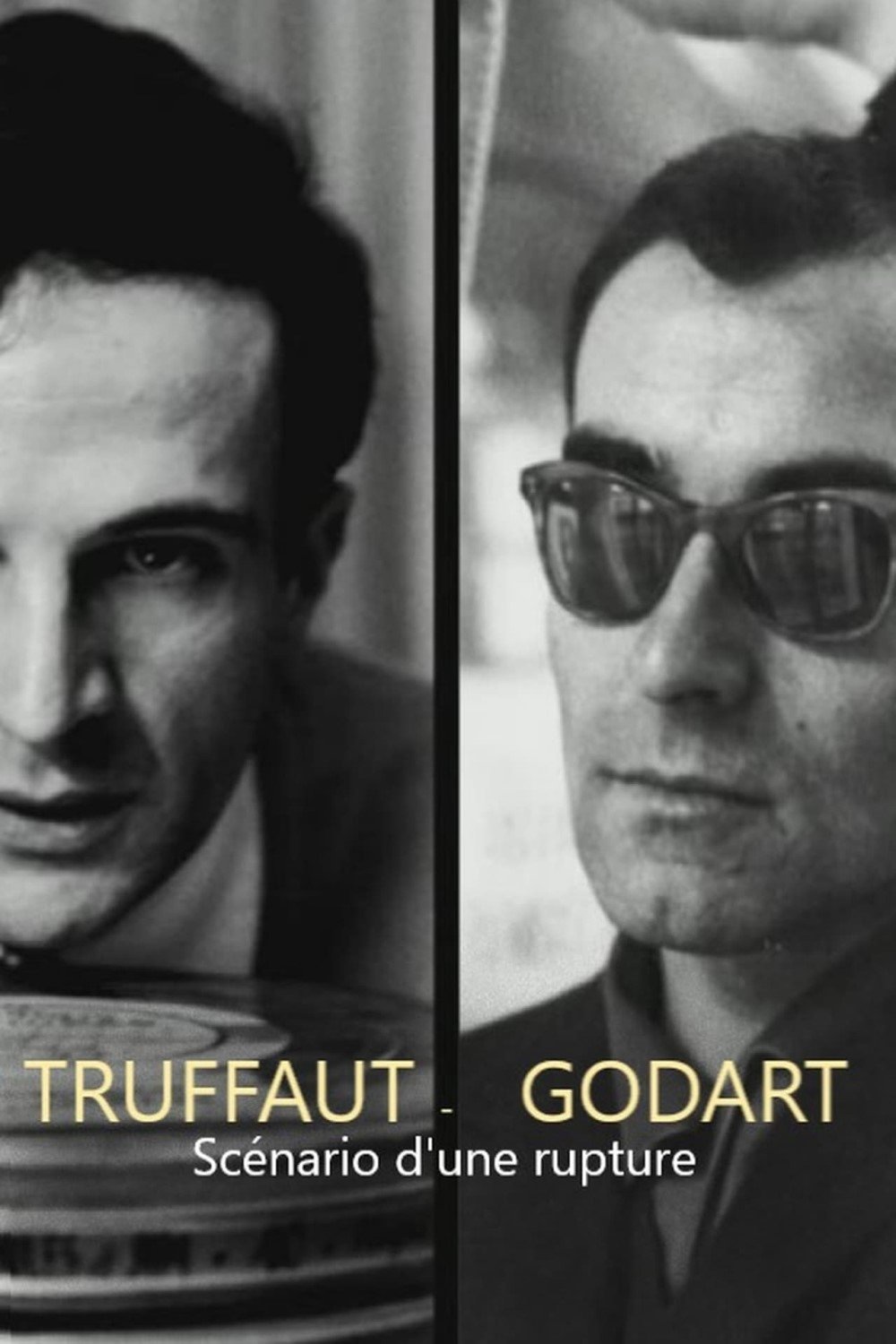

Claire Denis (born 21 April 1946) is a French film director and screenwriter. Her feature film Beau Travail (1999) has been called one of the greatest films of the 1990s and of all time. Other acclaimed works include Trouble Every Day (2001), 35 Shots of Rum (2008), White Material (2009), High Life (2018) and Both Sides of the Blade (2022), the last of which won her the Silver Bear for Best Director at the Berlin International Film Festival. For her film Stars at Noon (2022), Denis competed for the Palme d'Or at the 2022 Cannes Film Festival. She won the Grand Prix, sharing the award with Lukas Dhont's film Close. Her work has dealt with themes of colonial and post-colonial West Africa, as well as issues in modern France, and continues to influence European cinematic identity. Description above from the Wikipedia article Claire Denis, licensed under CC-BY-SA, full list of contributors on Wikipedia.


Right at the heart of the debates on the discrimination...

An inquiry into two of the most influencial French filmakers...